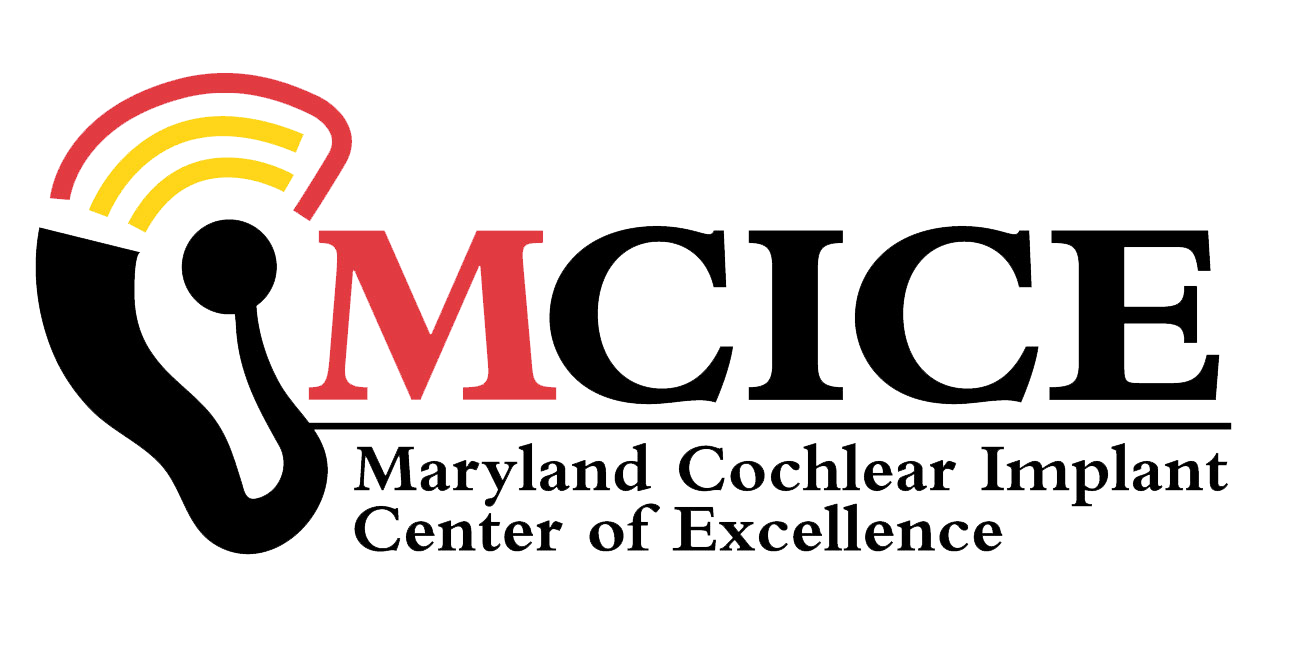Prelingually deaf children who receive cochlear implants (CIs) have dramatically better language skills than deaf children who receive hearing aids, but continue to perform more poorly than normal hearing age-matched peers on virtually every aspect of language development. These deficits have been largely attributed to the degraded signal delivered by the CI, but less is known about the processes by which the signal is interpreted or potentially misinterpreted in children with CIs. Since language learning depends on comprehending spoken utterances, it is necessary to understand the unique strategies that arise from experience with an impoverished signal. The goal of this project is to investigate interactions among signal degradation, experience-driven listening strategies, and real-time comprehension in children with CIs. This research will provide the knowledge base to improve communicative quality and language learning in children with CIs, and ensure that these individuals are able to make the best use of the signal they receive through their implants.


